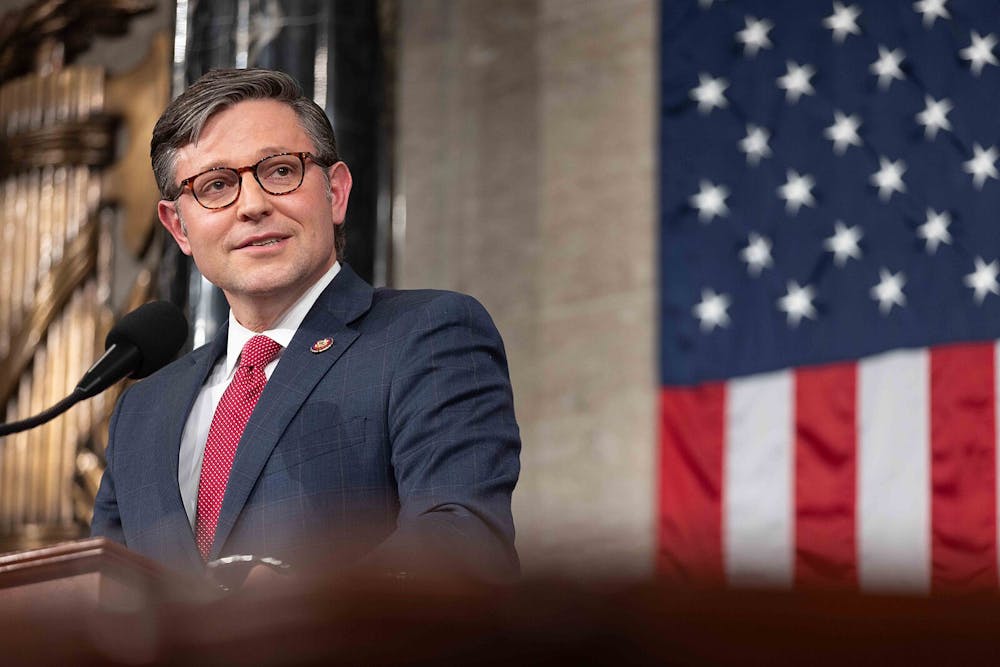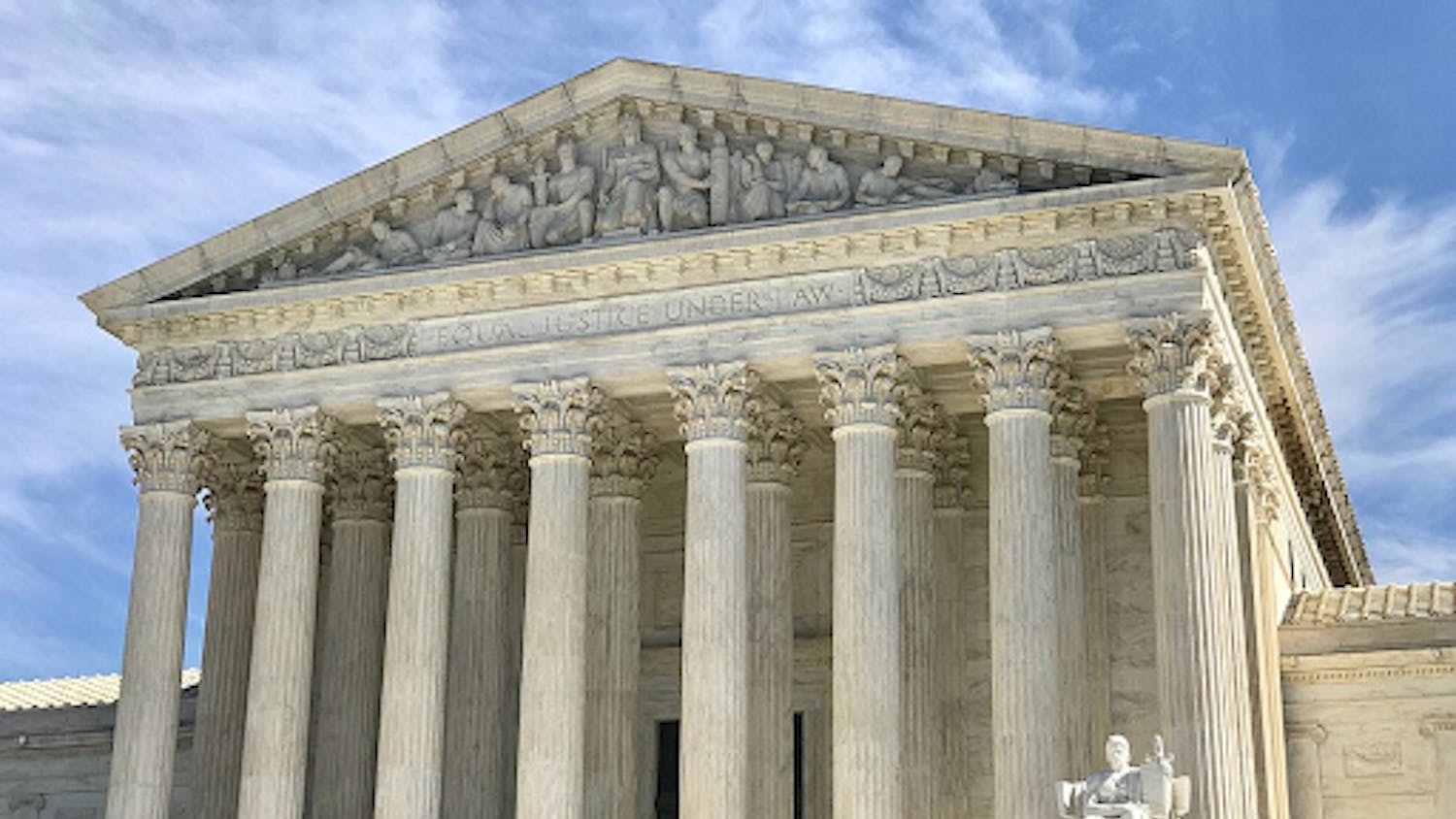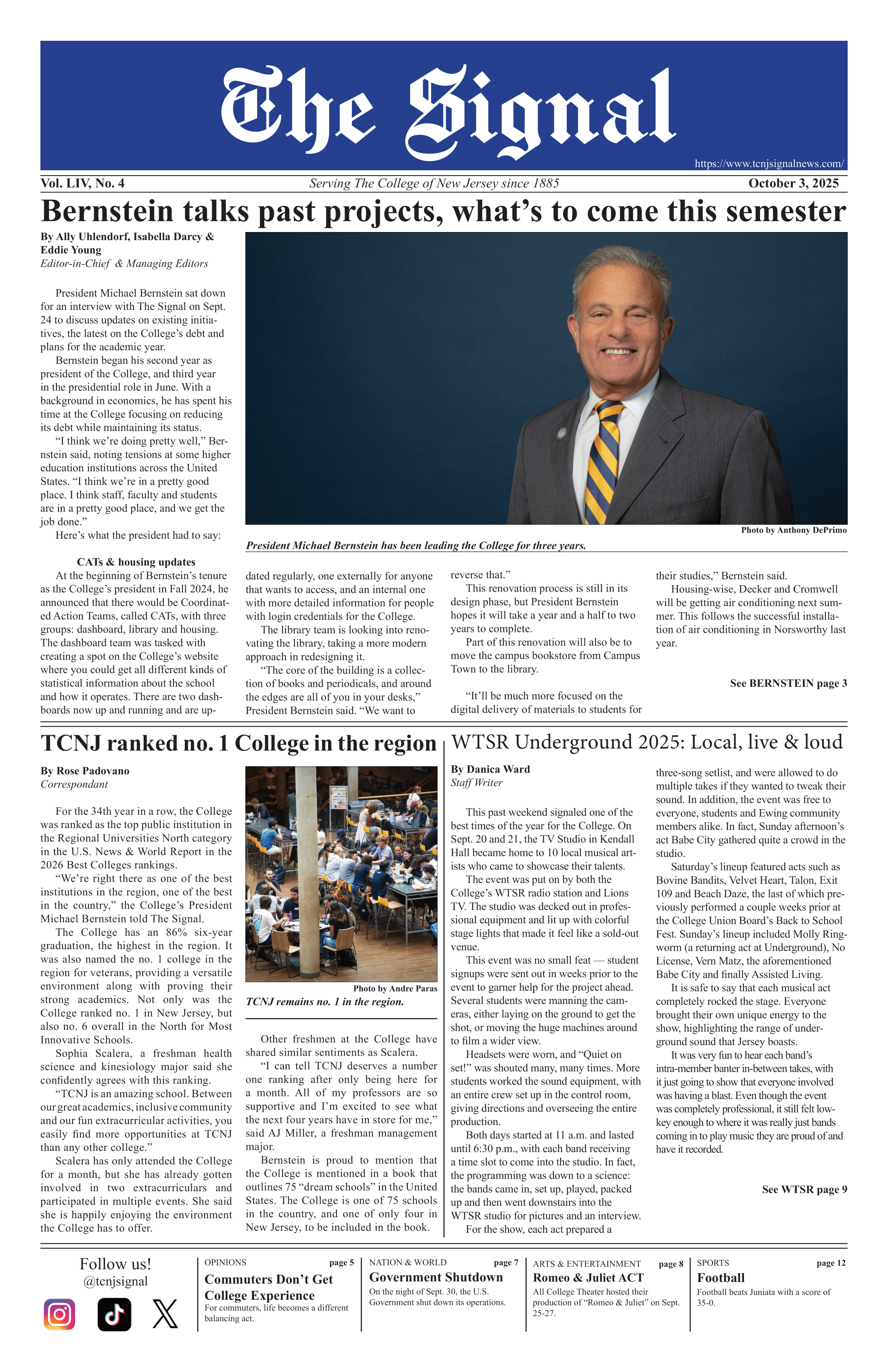By Gauri Patel
Staff Writer
U.S. House of Representatives Speaker Mike Johnson has delayed a vote on a temporary government funding bill amid opposition from members of his own party, according to The Associated Press. The measure would have kept federal agencies and programs operating through March 28 and averted a partial government shutdown just weeks before the presidential election.
With the new fiscal year beginning on Oct. 1, Congress has three weeks to pass a stopgap bill, known as a continuing resolution, which temporarily sustains the government's funding at its current level. The proposal is tied to a noncitizen voting bill, called the Safeguard American Voter Eligibility (SAVE) Act, which would require people to provide proof of citizenship when registering to vote, according to Reuters. The addition of the SAVE Act is seen as a sweetener for Republicans who generally oppose continuing resolutions, particularly those who are focused on election reform.
Johnson (R-La.) called off the vote for the bill just hours before it was scheduled to take place due to overwhelming opposition from House Democrats and a handful of Republicans. Despite the narrow Republican majority in the House, enough members have pledged to oppose the measure, throwing the vote into question. Johnson acknowledged he did not have enough support to pass the bill, given that he could only afford four defections within his party if every House Democrat voted against the bill.
“No vote today because we’re in the consensus building business here in Congress. With small majorities, that’s what you do,” Johnson said, according to The Associated Press. “We’re having thoughtful conversations, family conversations within the Republican conference and I believe we’ll get there.”
According to The Associated Press, GOP opponents argue that the bill falls short in addressing excessive government spending. In addition, some Republicans have chosen not to vote on any continuing resolution, maintaining that Congress should go back to passing the spending bills from each appropriations subcommittee individually, as opposed to one or two omnibus bills that combine several issues into a single piece of legislation.
Democrats have called for the advancement of a “clean” funding bill that would provide straightforward temporary funding that has support from both parties, without the attachment of a bill aimed at appeasing the House Republicans. According to NPR, Democratic leaders in the Senate have also made it clear that the plan to pair the stopgap measure with a voting legislation would be dead on arrival in the upper chamber.
The White House has also issued a statement indicating that President Joe Biden would not sign the bill into law if Congress passed the measure in its current form.
“Instead of meeting the security and disaster needs of the Nation, this bill includes
unrelated cynical legislation that would do nothing to safeguard our elections, but would
make it much harder for all eligible Americans to register to vote and increase the risk
that eligible voters are purged from voter rolls,” said the statement. “If the President were presented with H.R. 9494, he would veto it.”
Former President Donald Trump insisted that any short-term funding measure include a provision requiring proof of citizenship for voting. In a post on his social media platform, Truth Social, he urged GOP lawmakers to move forward with the government funding legislation only if election security issues were addressed as a part of the SAVE Act. Trump said that the bill should not be passed without such assurances, according to The Associated Press.
Despite the House and Senate remaining at an impasse, Johnson has indicated that he will not give up on the proposal, saying that Republicans will be working on building support from others in the party to secure a majority.







